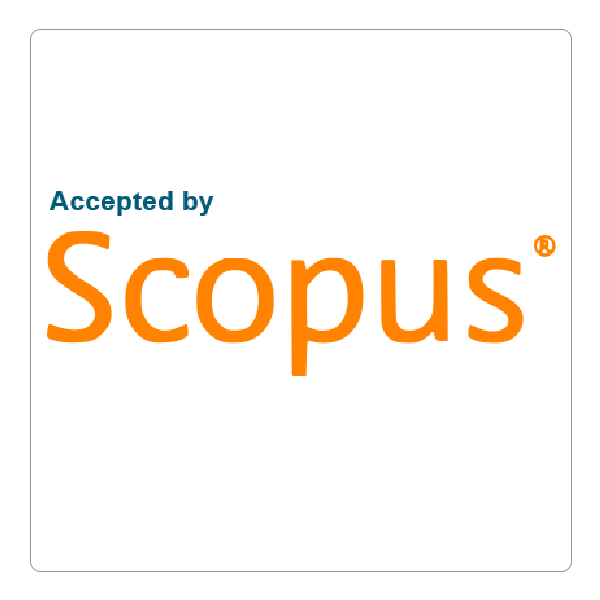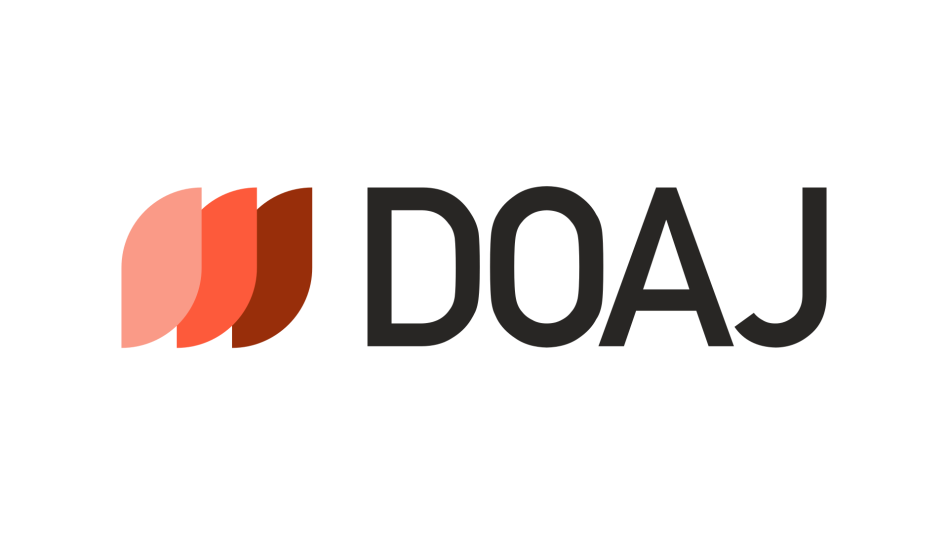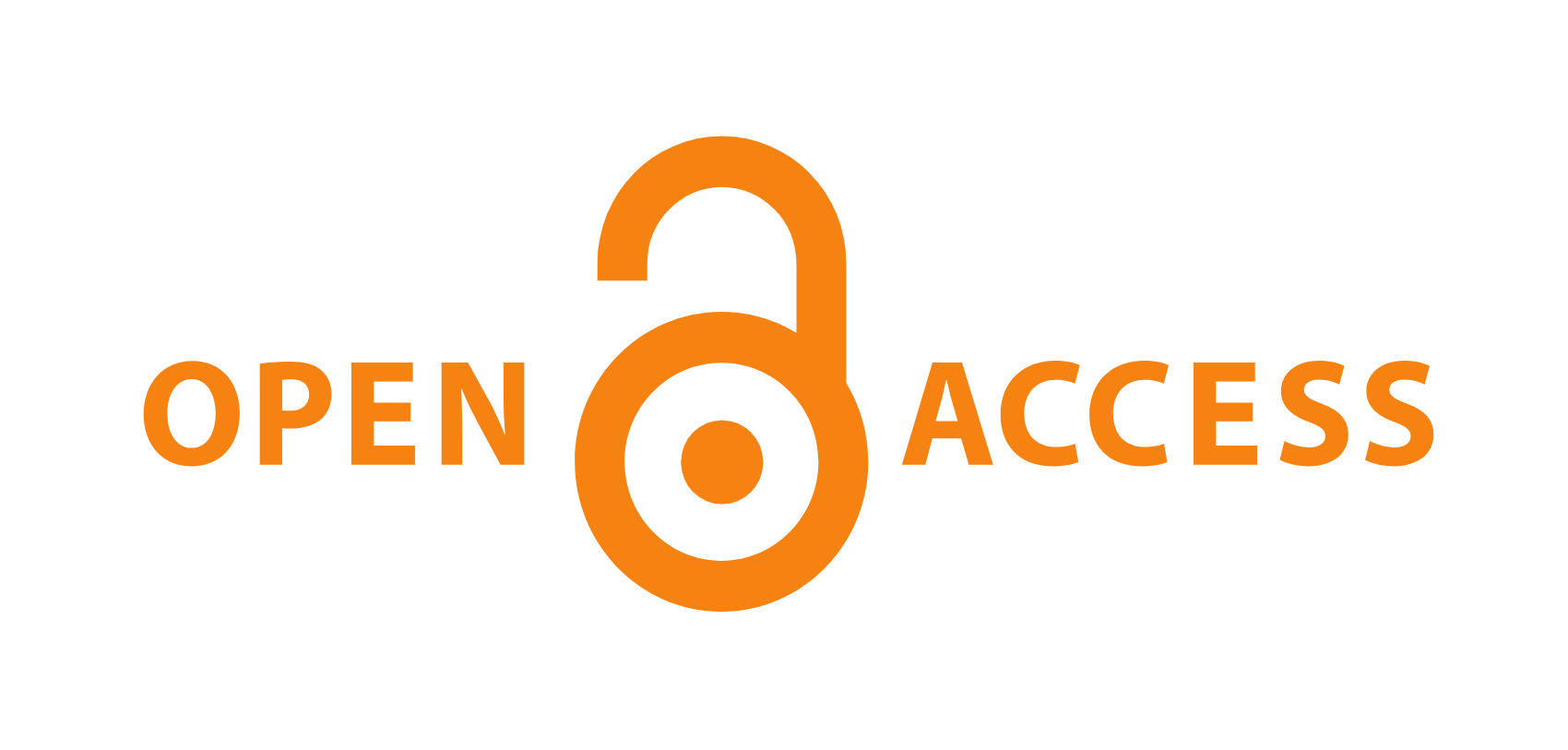How to Cite This Article
Saadi, Hawraz F. and Omer, Wali O.
(2020)
"The Effect of a Nutrition Education Program on Improving Hemoglobin A1c and Body Mass Index of Patients with Type 2 Diabetes Mellitus in Erbil City: A Non-randomized Clinical Trial,"
Polytechnic Journal: Vol. 10:
Iss.
1, Article 5.
DOI: https://doi.org/10.25156/ptj.v10n1y2020.pp25-31
Document Type
Original Article
Abstract
Due to remarkable changes in lifestyles, there has recently been an increase in the prevalence of diabetes mellitus (DM) among individuals of all age ranges in both developed and developing countries. Changing the patients’ lifestyles by modifying their diet through nutrition education programs decreases their body mass index (BMI), hemoglobin A1c (HbA1c), and reverses DM. This study aimed to determine the effect of a proposed nutrition education program on BMI and HbA1c among patients with type 2 DM (T2DM). The present clinical trial was conducted on 42 patients with T2DM in Diabetes Center in Erbil-Kurdistan Region-Iraq, from December 2018 to September 2019. Data were collected using a customs questionnaire before the study and after educational sessions in which the patients were educated about an appropriate diet based on a proposed nutrition education program. In the first session and after third session, the patients’ BMI and HbA1c were measured. According to the results, most of the patients aged 45–64 years, a majority of the patients lived in urban areas (95.2%), were illiterate (33.3%), and were obese (76.2%). Due to the nutrition education program, remarkable decrease was observed in the patients’ high (BMI) and high HbA1c and experienced a mean decrease of (2.6%) from 34.0 ± 5.6 to 31.4 ± 5.2, and HbA1c decreased about (2.0%) on average from 8.9 ± 1.9 to 6.9 ± 0.9. High BMI and high HbA1c can be controlled and decreased through appropriate nutrition education programs.
Publication Date
6-30-2020
References
Al-Goblan, A. S., M. A. Al-Alfi and M. Z. Khan. 2014. Mechanism linking diabetes mellitus and obesity. Diabetes Metab. Syndr. Obes. 7: 587-91.
American Diabetes association. 2014. Diagnosis and Classification of Diabetes Mellitus. Diabetes Care. 37: S81-S90.
Anjana, R. M., R. Pradeepa, M. Deepa, M. Datta, V. Sudha, R. Unnikrishnan, A. Bhansali, S. R. Joshi, P. P. Joshi, C. S. Yajnik, V. K. Dhandhania, L. M. Nath, A. K. Das, P. V. Rao, S. V. Madhu, D. K. Shukla, T. Kaur, M. Priya, E. Nirmal, S. J. Parvathi, S. Subhashini, R. Subashini, M. K. Ali and V. Mohan. 2011. Prevalence of diabetes and prediabetes (impaired fasting glucose and/or impaired glucose tolerance) in urban and Rural India: Phase I results of the Indian Council of Medical Research-INdia DIABetes (ICMR-INDIAB) study. Diabetologia. 54: 3022-3027.
Barnard, N. D. 2007. Dr. Neal Barnard’s Program for Reversing Diabetes. Rodale, New York.
Bharati, D. R., R. Pal, S. Kar, R. Rekha, T. V. Yamuna and M. Basu. 2011. Prevalence and determinants of diabetes mellitus in Puducherry, South India. J. Pharm. Bioallied Sci. 3(4); 513-518.
Bommer, C., E. Heesemann, V. Sagalova, J. Manne-Goehler, R. Atun, T. Bärnighausen and S. Vollmer. 2017. The global economic burden of diabetes in adults aged 20-79 years: A cost-of-illness study. Lancet Diabetes Endocrinol. 5: 423-430.
Campbell, T. C., B. Parpia and J. Chen. 1998. Diet, lifestyle, and the etiology of coronary artery disease: the Cornell China study. Am. J. Cardiol. 82(10B): 18T-21T.
Carter, P. L. J. Gray, J. Troughton, K. Khunti and M. J. Davies. 2010. Fruit and vegetable intake and incidence of Type 2 diabetes mellitus: Systematic review and meta-analysis. BMJ. 341; c4229.
Coppola, A., L. Sasso, A. Bagnasco, A. Giustina and C. Gazzaruso. 2016. The role of patient education in the prevention and management of Type 2 diabetes: An overview. Endocrine. 53: 18-27.
Dagogo-Jack, S. 2016. Diabetes Mellitus in Developing Countries and Underserved Communities. Springer International Publishing, Berlin, Germany. p294.
Di Onofrio, V., F. Gallé, M. Di Dio, P. Belfiore and G. Liguori. 2018. Effects of nutrition motivational intervention in patients affected by Type 2 diabetes mellitus: A longitudinal study in Naples, South Italy. BMC Public Health. 18: 1181.
Fuhrman, J., B. Sarter, D. Glaser S. Acocella. 2010. Changing perceptions of hunger on a high nutrient density diet. Nutr. J. 9: 51.
Gardner, C. D., A. Coulston, L. Chatterjee, A. Rigby, G. Spiller and J. W. Farquhar. 2005. The effect of a plant-based diet on plasma lipids in hypercholester olemic adults: A randomized trial. Ann. Intern. Med. 142(9): 725-733.
Golay, A. 2006. Dietary and body weight control: Therapeutic education, motivational interviewing and cognitive-behavioral approaches for long-term weight loss maintenance. Nestle Nutr. Workshop Ser. Clin. Perform. Programme. 11: 127-137.
Gray, A. 2015. Nutritional Recommendations for Individuals with Diabetes. Lilly USA: Senior Clinical Research Scientist.
Gray, N., G. Picone, F. Sloan and A. Yashkin. 2015. Relation between BMI and diabetes mellitus and its complications among US older adults. South. Med. J. 108(1): 29-36.
Hu, F. B. 2005. Associations of dietary protein with disease and mortality in a prospective study of postmenopausal women. Am. Hu, F. B. J. Epidemiol. 161(3): 239-249.
Jenkins, D. J., C. W. Kendall, D. G. Popovich, E. Vidgen, C. C. Mehling, V. Vuksan, T. P. Ransom, A. V. Rao, R. Rosenberg-Zand, N. Tariq, P. Corey, P. J. Jones, M. Raeini, J. A. Story, E. J. Furumoto, D. R. Illingworth, A. S. Pappu and P. W. Connelly. 2001. Effect of a very-high-fiber vegetable, fruit, and nut diet on serum lipids and colonic function. Metabolism. 50(4): 494-503.
Kaushik, M., D. Mozaffarian, D. Spiegelman, J. E. Manson, W. C. Willett and F. B. Hu. 2009. Long-chain omega-3 fatty acids, fish intake, and the risk of Type 2 diabetes mellitus. Am. J. Clin. Nutr. 90: 613-620.
Kautzky-Willer, A., J. Harreiter and G. Pacini. 2016. Sex and gender differences in risk, pathophysiology and complications of Type 2 diabetes mellitus. Endocr. Rev. 37(3): 278-316.
Kazeminezhad, B., H. Taghinejad, M. Borji and A. Tarjoman. 2018. The effect of self-care on glycated hemoglobin and fasting blood sugar levels on adolescents with diabetes. J. Compr. Pediatr, 9(2): e62661.
Kelemen, L. E., L. H. Kushi, D. R. Jacobs and J. R. Cerhan. 2003. Plant-based foods and prevention of cardiovascular disease: An overview. Am. J. Clin. Nutr. 78(3 Suppl): 544S-551S.
Lagiou, P., S. Sandin, M. Lof, D. Trichopoulos, H. O. Adami and E. Weiderpass. 2012. Low carbohydrate high protein diet and incidence of cardiovascular diseases in Swedish women: Prospective cohort study. BMJ. 344: e406.
Liu, H., M. Zhang, X. Wu, C. Wang and Z. Li. 2015. Effectiveness of a public dietitian-led diabetes nutrition intervention on glycemic control in a community setting in China. Asia Pac. J. Clin. Nutr. 24(3): 525-532.
Lovejoy, J. C. 2008. The impact of nuts on diabetes and diabetes risk. Curr. Diab. Rep. 5(5): 379-384.
Lutsey, P. L., L. M. Steffen and J. Stevens. 2008. Dietary intake and the development of the metabolic syndrome. The atherosclerosis risk in communities study. Circulation. 117: 754-761.
Mansour, A. and F. Al-Douri. 2015. Diabetes in Iraq: Facing the epidemic. A systematic review. Wulfenia. 22: 258.
Mottalib, A., V. Salsberg, B. N. Mohd-Yusof, W. Mohamed, P. Carolan, D. M. Pober, J. Mitri and O. Hamdy. 2018. Effects of nutrition therapy on HbA1c and cardiovascular disease risk factors in overweight and obese patients with Type 2 diabetes. Nutr. J. 17(1): 42.
Newgard, C. B., J. An, J. R. Bain, M. J. Muehlbauer, R. D. Stevens, L. F. Lien, A. M. Haqq, S. H. Shah, M. Arlotto, C. A. Slentz, J. Rochon, D. Gallup, O. Ilkayeva, B. R. Wenner, W. S. Jr. Yancy, H. Eisenson, G. Musante, R. S. Surwit, D. S. Millington, M. D. Butler and L. P. Svetkey. 2009. A branched-chain amino acid-related metabolic signature that differentiates obese and lean humans and contributes to insulin resistance. Cell Metab. 9(4): 311-326.
Pastors, J. G., H. Warshaw, A. Daly, M. Franz and K. Kulkarni. 2002. The evidence for the effectiveness of medical nutrition therapy in diabetes management. Diabetes Care. 25: 608-613.
Poeta, L. S., M. F. S. Duarte, B. Caramelli, J. Mota and I. C. B. Giuliano. 2013. Effects of physical exercises and nutritional guidance on the cardiovascular risk profile of obese children.Rev. Assoc. Med. Bras. 59(1): 56-63.
Pot, G. K., M. C. Battjes-Fries and O. N. Patijn, H. Pijl, R. F. Witkamp, M. de Visser, N. van der Zijl, M. de Vries, P. J. Voshol. 2019. Nutrition and lifestyle intervention in Type 2 diabetes: Pilot study in the Netherlands showing improved glucose control and reduction in glucose lowering medication. BMJ Nutr. Prevent. Health. 1: 1-12.
Qi, L., R. N. Van Dam and F. B. R. Khu. 2007. Heme iron from diet as a risk factor for coronary heart disease in woman with Type 2 diabetes. Diabetes Care. 30(1): 101-106.
Rao, N., x. Wang, Y. Zhai, J. Li, J. Xie, Y. Zhao and L. Ge. 2019. Stem cells from human exfoliated deciduous teeth ameliorate Type II diabetic mellitus in Goto-Kakizaki rats. Diabetol. Metab. Syndr. 11(22): 11.
Robertson, M. D., J. M. Currie, L. M. Morgan, D. P. Jewell and K. N. Frayn. 2003. Prior short-term consumption of resistant starch enhances postprandial insulin sensitivity in healthy subjects. Diabetologia. 46(5):659-665.
Roglic, G. 2016. WHO Global report on diabetes: A summary. Int. J. Non-Commun. Dis. 1: 184853.
Sami, W., T. Ansari, N. S. Butt and M. R. Ab Hamid. 2017. Effect of a diet on Type 2 diabetes mellitus: A review. Int. J. Health Sci. (Qassim). 11: 171-177.
Sluijs, I., J. W. Beulens, A. D. L. van der, A. M. Spijkerman, D. E. Grobbee and Y. T. van der Schouw. 2010. Dietary intake of total animal and vegetable protein and risk of Type 2 diabetes in the European prospective investigation into cancer and nutrition (EPIC)-NL study. Diabetes Care. 33: 43-48.
Suastika, K., P. Dwipayana, M. S. Semadi and R. A. Kuswardhani. 2012. Age is an important risk factor for Type 2 diabetes mellitus and cardiovascular diseases. In: Chackrewarthy S, editor. Glucose Tolerance. InTech, Croatia. p67-80.
Tonstad, S., T. Butler, R. Yan and G. E. Fraser. 2009. Type of vegetarian diet, body weight, and prevalence of Type 2 diabetes. Diabetes Care. 32: 791-796.
Trento, M., P. Passera, E. Borgo, M. Tomalino, M. Bajardi, F. Cavallo and M. Porta. 2004. A 5-year randomized controlled study of learning, problem solving ability and quality of life modifications in people with Type 2 diabetes managed by group care. Diabetes Care. 27(3): 670-675.
Tucker, K. L., J. Hallfrisch, N. Qiao, D. Muller. R. Andres, J. L. Fleg and Baltimore Longitudinal Study of Aging. 2005. The combination of high fruit and vegetable and low saturated fat intakes is more protective against mortality in aging men than is either alone: The Baltimore longitudinal study of aging. J. Nutr. 135(3): 556-561.
Wild, S., G. Roglic, A. Green, R. Sicree and H. King. 2004. Global prevalence of diabetes: Estimates for the year 2000 and projections for 2030. Diabetes Care. 27(5): 1047-1053.
World Health Organization. 2019. Diabetes. Geneva. Available from: https://www.who.int/news-room/fact-sheets/detail/diabetes. [Last accessed on 2019 Aug 25].
Zhuo, X., P. Zhang and T. J. Hoerger. 2013. Lifetime direct medical costs of treating Type 2 diabetes and diabetic complications. Am. J. Prev. Med. 45: 253-261.











Follow us: